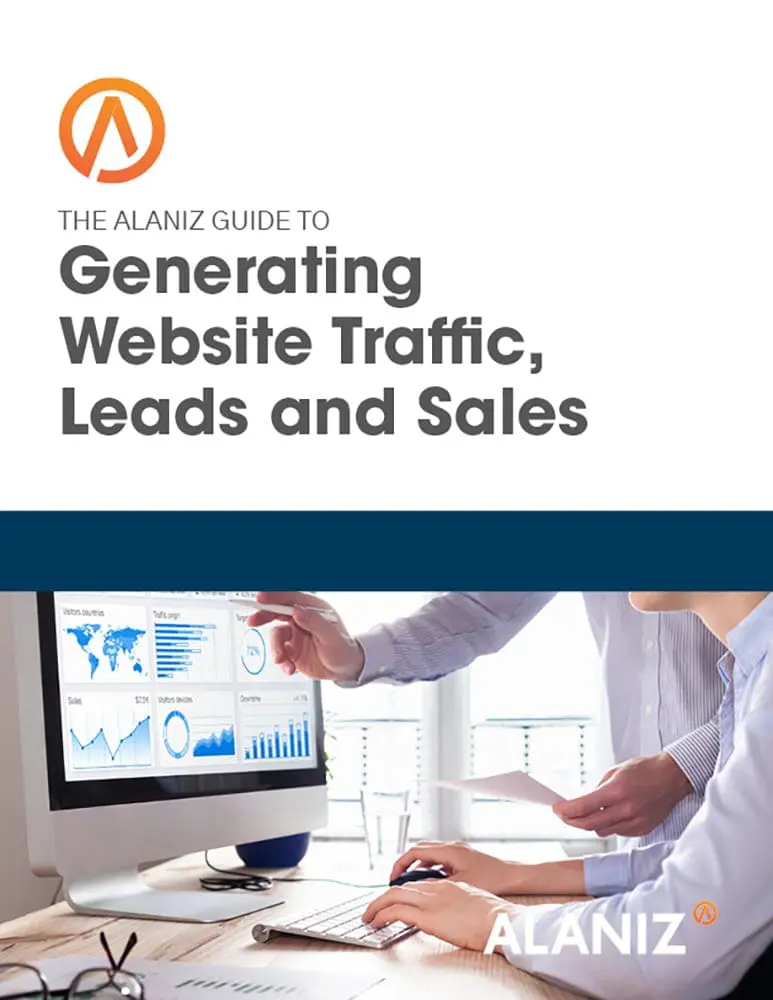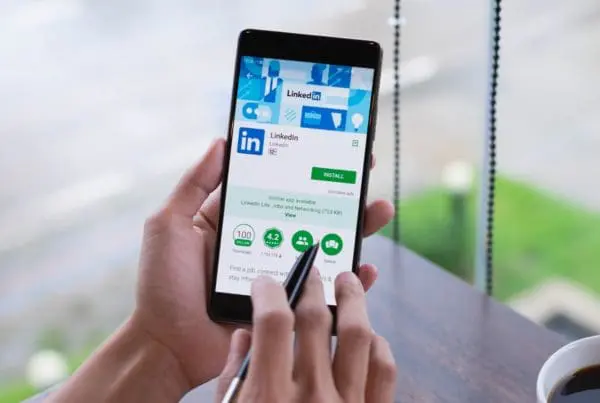I’m sorry, but no one cares about your experience.
OK, I am exaggerating to make a point.
Companies like to talk about how long they have been in business, or about how many cumulative years of experience their team has under its collective belt. “60 years of combined experience;” “serving the industry since 1927”—that kind of thing.
A friend of mine calls this “odometer marketing,” assuming that experience makes one a superior performer.
Odometer marketing is especially common in professional services fields, like consulting, law, accounting or engineering where the people are, in large part, the product. It can also be the case in medical device contract manufacturing, where companies offer advanced expertise to expedite medical device development. Experience by itself, however is neutral—a company could have a lot of experience delivering a mediocre service.
I’m not saying that experience isn’t valuable. Maybe it is. But just having logged years or decades in an industry doesn’t necessarily mean anything. What does that experience enable you to deliver that others can’t? Does it mean you are faster than the competition? More effective? How? We need examples.
Face it. If you look at the websites or advertisements of most professional services firms, they all claim to have many years of experience in their fields. Experience means you’re competent. What makes you remarkable?
In the medical device manufacturing world, where we do much of our work, being the oldest doesn’t necessarily make a company the best. With technology changing so fast, and regulations also shifting, there is often the opposite perception—that younger is better. To some, an older company might signify an outdated infrastructure, technology, or even an older way of thinking.
Experience is great if it enables you to help your customers be more successful.
But you have to be able to articulate that, and it has to be credible. Are you better at solving problems in the medical device development process? Can you point to examples of how your experience has helped you get complex devices to market more efficiently, with a better plan than the customer originally had in mind?
One company I worked with produced a case study about how it had successfully machined an irrigating catheter tip design that simply defied practical production for months. There just wasn’t any technology out there—laser drilling, mechanical drilling or other process that could make a tip that was technically and financially feasible. A contract manufacturer was able to devise a kind of hybrid laser drilling and milling system that essentially made the new device possible—with lower costs and faster cycle times than the prevailing technology. The manufacturer not only helped bring a new device to market, the product ushered in a whole new way of treating a condition. We published that case study and it brought in some great new sales leads.
In marketing, we have to be clear about what kind of companies we can help, and how we can help them. Vague assertions of experience are empty claims without details about the value that this experience can deliver.
Marketing in the complex world of medical device manufacturing requires intelligent, credible communication about real results. We’re not going to trick anyone into doing business just because we have a lot of experience. We have to show how that experience can help, specifically, a given company.




